Text
How To Reduce The Risk Of Baby Poisoning In
Your House Hold!
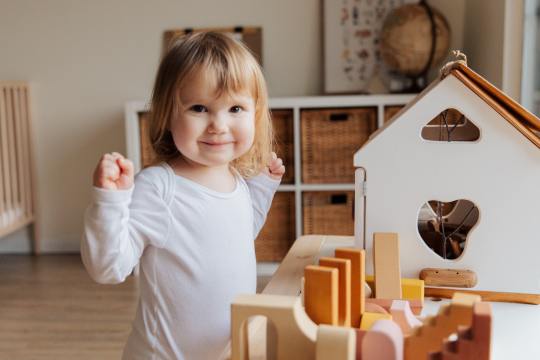
YOUNG CHILDREN WILL EAT AND DRINK
ALMOST ANYTHING!
Keep all liquids and solids that may be
poisonous out of their reach.
Use child−resistant packaging to help prevent
poisonings with medicines and household
chemicals.
Each year poison control centers
report nearly one million children under the
age of five are exposed to potentially
poisonous medicines and household
chemicals.
Medicines (especially iron pills and food
supplements containing iron), household
substances, insect sprays, kerosene, lighter
fluid, some furniture polishes, turpentine,
points, solvents, and products containing lye
and acids are most frequently the cause of
accidental poisoning among children.
ALWAYS RETURN TO SAFE STORAGE
IMMEDIATELY (locked up − away from
children)
Never leave a bottle of aspirin or other pills
where children can reach it Return it to a safe
place immediately after using.
MEDICINES …
are often swallowed by young children who
find medicines where their grandparents have
left them. Grandparents − and all adults −
should use child−resistant closures whenever
young children are around. Keep medicines
out of reach − and out of sight − of all children.
HOUSEHOLD PRODUCTS
Read labels before using any household
product and follow the directions carefully.
Store these products so that children cannot
reach them.
Always resecure child−resistant packaging.
KEEP ALL PRODUCTS IN ORIGINAL
CONTAINERS
Never place kerosene, anti−freeze, paints, or
solvents in cups, glasses, milk or soft−drink
bottles or other utensils customarily used for
food or drinks.
Never transfer products to a bottle without a
child−resistant closure.
DESTROY OLD MEDICATIONS
Pour contents down drain or toilet, and rinse
container before discarding. Do not put
the container with its contents into the trash.
KEEP FOODS AND HOUSEHOLD
PRODUCTS SEPARATED
Cleaning fluids, detergents, lye, soap powders,
insecticides, and other everyday households
products should be stored away from food and
medications. Death could be the result of a
mistaken identity.
To reduce the risk of poisoning:
Keep household products and medicines
out of reach and out of sight of children,
preferably in a locked cabinet or closet. Even if
you must leave the room for only an instant,
put the container in a safe spot.
Store medicines and dietary supplements
(especially iron pills) separately from other
household products and keep these items in
their original containers − never in cups or
soft−drink bottles.
Be sure that all products are properly
labeled, and read the label before using.
Always turn the light on when giving or
taking medicine to be sure you have the right
medicine and the correct measure or count of
the dosage.
Since children tend to imitate adults − avoid
taking medications in their presence. Avoid
drinking medicine from the bottle.
Refer to medicines by their proper names.
They are not candies.
Clean out your medicine cabinet
periodically. Get rid of old medicines by
flushing them down the drain or toilet, rinsing
the container in a wafer, and then discarding it.
Ask for and use household products that
are available in child-resistant packaging.
Insist on safety packaging for prescription
medicines. Resecure safety features carefully
after using Safety packaging gives extra
protection to your children.
TO LEARN MORE ABOUT PARENTING AND FAMILY, PLEASE VISIT THIS WEBSITE:
I LOVE MY CHILD
0 notes
Photo
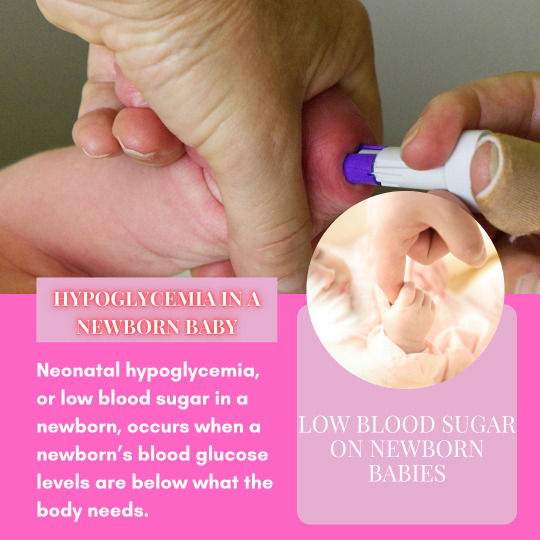
Low Blood Sugar in Babies: Symptoms, Causes, and Treatment—How to Treat It?
Low blood sugar in newborns can cause serious problems, so it’s important that parents learn how to recognize symptoms and take action quickly.
The first thing to do when your baby has low blood sugar is to check whether he or she is hungry. If your baby is still crying after feeding, then you should give him or her some water.
This will help your baby feel better. If your baby continues to cry, then you should call your doctor. To learn more, please read the whole article.
https://ilovemychild.net/low-blood-sugar-babies/
#low blood sugar baby Low blood sugar babies low blood sugar infants low blood sugar toddlers Low blood sugar newborn low blood sugar newborn#low blood sugar baby#low blood sugar newborn#low blood sugar infants#low blood sugar babies
0 notes
Link
How to Identify a Bellybutton Infection?
Babies’ belly buttons are usually covered by skin that looks pinkish in color.
Sometimes, however, babies develop a small sore on their belly button.
This condition is called an umbilical granuloma.
It occurs when bacteria gets into the area between the skin and the umbilicus (belly button).
The infection spreads through the bloodstream and forms a hard mass.
The Belly Button Can Be Infected By Anything That Comes Into Contact With It.
To know more about infected bellybutton in babies, please read our new article.
CLICK HERE
https://ilovemychild.net/infected-belly-button-on-newborn/
#baby bellybutton#newborn bellybutton#baby bellybutton infected#newborn bellybutton infected#infected bellybutton#infant bellybutton
0 notes
Photo
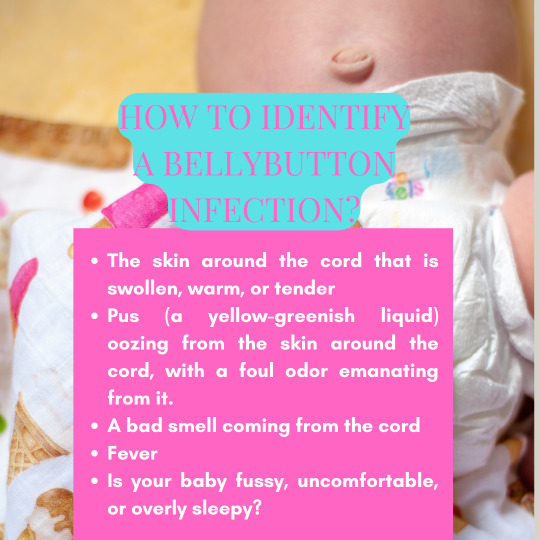
How to Identify a Bellybutton Infection?
Babies’ belly buttons are usually covered by skin that looks pinkish in color.
Sometimes, however, babies develop a small sore on their belly button.
This condition is called an umbilical granuloma.
It occurs when bacteria gets into the area between the skin and the umbilicus (belly button).
The infection spreads through the bloodstream and forms a hard mass.
The Belly Button Can Be Infected By Anything That Comes Into Contact With It.
There are several things that can cause an infection at the belly button.��
These include:
1) Poor hygiene. If a baby does not wash his hands before touching his belly button, he can pick up germs that will infect him.
2) Inadequate cleaning products. Many people use soap and water to clean their babies’ bellies. However, some soaps contain chemicals that can irritate the skin and make it more susceptible to infections.
3) Sticking objects inside the belly button. Objects such as coins, pins, and jewelry can become lodged in the belly button.
They can then become infected with bacteria.
Keep an eye on your baby’s belly button, checking for inflammation and discoloration around the umbilical cord area during the first few weeks of your baby’s life.
Your pediatrician will examine your baby’s umbilical cord every time you visit the baby pit, checking for infection.
To know more about infected bellybutton in babies, please read our new article.
CLICK HERE
https://ilovemychild.net/infected-belly-button-on-newborn/
#baby bellybutton#infected bellybutton#newborn bellybutton#baby bellybutton infected#newborn bellybutton infected#infant bellybutton#infected bellybutton infant
0 notes
Link
Gas in babies is normal, but it can cause discomfort and distress.
Here are some tips on relieving gas in infants.
Why Do Babies Have Gas Problems?
Gas troubles often start right away or when babies are just a couple of weeks old.
A baby’s digestive system is immature, so you shouldn’t panic if your baby has gas a lot.
It is not uncommon for babies to be gassy.
It’s common for them to pass gas 15–25 times per day!
What Are The Top 12 Best Remedies For Baby Gas Relief?
Read our new article to find out.
0 notes
Photo
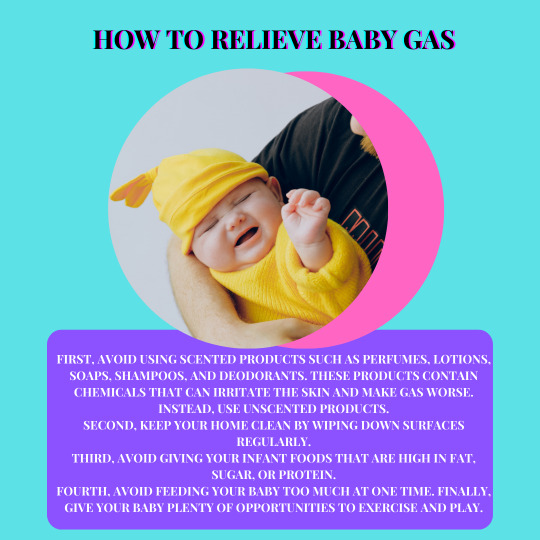
Baby gas is normal, but can cause discomfort and distress.
We have some tips to help relieve your baby's discomfort.
Gas Problems in Babies: Why Do They Occur?
Babies often experience gas problems right away or during their first few weeks of life.
Since a baby's digestive system is immature, he or she will have a lot of gas.
Gassy babies are not uncommon.
The average person passes gas 15 to 25 times per day!
What Are The Best 12 Remedies For Baby Gas Relief?
Check out our new article to learn more.
Click Here
https://ilovemychild.net/how-to-relieve-gas-from-a-newborn/
#baby gas#gassy baby#gas problem in babies#gas problem newborn#newborn gas#gas newborn issue#gassy newborn#gas baby issue
0 notes
Link
Read our new article: How To Treat Hiccups In Babies?
Hiccups are one of those things that we just don’t know what causes them. But there are ways to treat hiccups in babies.
Here are five ways to stop your baby's hiccups.
To know more about hiccups in babies, please read our new article.
How to Treat Hiccups in Babies.
0 notes
Link
Read our new article: How Often Should I Breastfeed My Newborn?
Breastfeeding is an important part of infant nutrition.The World Health Organization recommends that mothers breastfeed exclusively for six months, then continue breastfeeding along with other food sources until at least 12 months old.Learn how much your baby eats (from day one to one year).Read our blog post to find out more.
#breastfedbaby#right way to breastfed kids#newborn breastfeed#infants breastfeed#breastfeeding newborn
0 notes
Link
Read our new article: How To Put Your Baby To Sleep.
When you have a newborn baby, you are constantly on the go. You’re trying to keep up with feeding schedules, diaper changes, and everything else that comes along with being a new parent.
It’s hard to know what to do when your baby needs sleep.
Newborn babies need lots of sleep, but parents often feel rushed to feed, change, and put down their little ones for naps.
If you want to know how babies sleep and how much sleep a baby gets, then you need to read our blog post.
0 notes
Photo
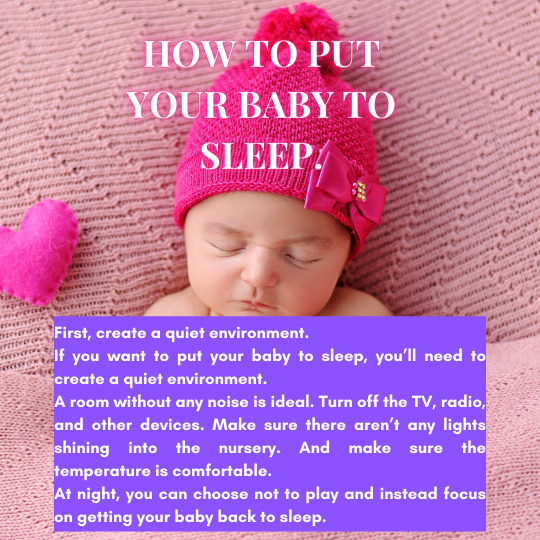
What Is the Best Way to Put Your Baby to Sleep?
You are constantly on the move when you have a newborn baby. You're juggling feeding schedules, diaper changes, and all the other responsibilities that come with being a new parent.
When your baby needs to sleep, it's difficult to know what to do.
Newborn babies require a lot of sleep, but parents are often rushed when it comes to feeding, changing, and putting their babies down for naps.
You should read our blog post if you want to learn how babies sleep and how much sleep they get.
https://ilovemychild.net/how-to-put-baby-to-sleep/
#baby sleep#newborn sleep#infant sleep#how to put baby to sleep#newborn babies sleep#sleeping baby#sleeping newborn#sleeping infants
0 notes
Photo
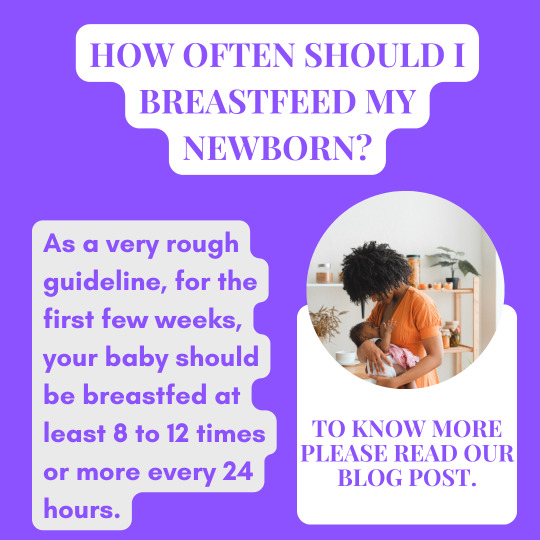
How Frequently Should I Breastfeed My Baby?
Breastfeeding is an essential part of an infant's diet.
Breastfeeding should be done exclusively for six months, then combined with other foods until the baby is at least 12 months old, according to the World Health Organization.
Find out how much your baby consumes (from day one to one year).
To learn more, read our blog post.
CLICK HERE
https://ilovemychild.net/how-often-should-i-breastfeed.../
#breastfedbaby#right way to breastfed kids#breastfeeding newborn#newborn breastfeed#infants breastfeed#breastfeed kids
0 notes
Photo

Hiccups in Babies: What to Do:
Hiccups are one of those ailments about which we have no idea what causes them.
Hiccups in babies can, however, be treated.
Here are five methods for preventing hiccups in your baby.
Please read our new article to learn more about hiccups in babies.
Hiccups in Babies: What to Do.
CLICK HERE: https://ilovemychild.net/hiccups-newborn/https://ilovemychild.net/hiccups-newborn/https://ilovemychild.net/hiccups-newborn/
1 note
·
View note